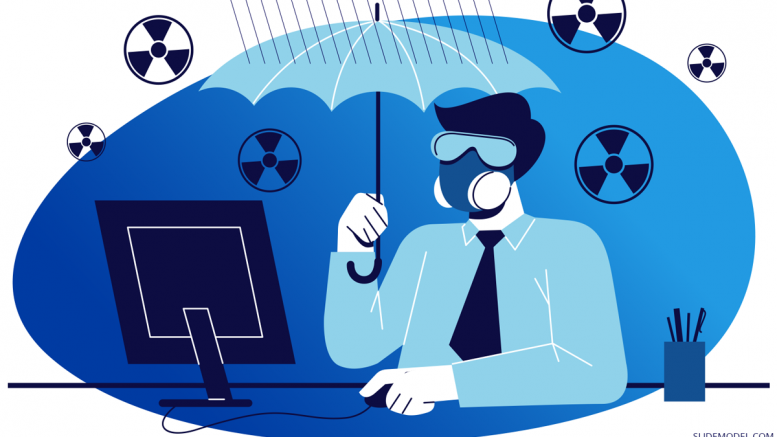The plan was to head out to the Sultanpur bird sanctuary this Sunday. It is one of our favourite spots, and I was thrilled to read that it had opened its gates to visitors again. I was all set, ready to rediscover this beautiful space and looking forward to spending time with some winged wonders. However, we woke up to a grim and gloomy smog-filled Sunday morning. The AQI registered a scary 439 with a warning of “may cause respiratory effects even for healthy people…”. A look out of the window confirmed this view.
The weather plays such a pivotal role in our lives. If it had been a crisp clear winter morning we would have headed out for sure. Instead, we put on the air purifier and had a cup of tea trying to figure out a plan B. Finally, we settled for a quick walk in our complex garden. Cookie, bless her soul was just happy to be out and about.
The environment we operate in has such a huge impact on how we show up at work. The music we listen to. The shows we watch. The news we read. The company we keep. The food we consume. All of this plays a role in the way we approach the day before us. So, the question that comes to my mind in the context of the work environment, is about the air quality we have in office spaces.
Is the atmosphere toxic in your workplace? Do you have difficulty breathing? Are there tears in your eyes due to the pollution? Do you have to be careful whenever you step out of line? If only there was an AQI meter to measure toxicity in workplaces, then in such cases, the warning would read “may cause burnout and retention problems even for healthy people”.
It’s a good time to check the AQI in your organisation. Ask yourself. Are you included? Are you inquisitive? Are you contributing? Are you confident to challenge the status quo? If the answer is “yes, yes, yes, and hell yes”. Then you are in a psychologically safe zone. If not – what is one thing that you can do to begin creating this space for yourself and your team?
The good news is that changes are possible and the impact is there for us to see so clearly. Working towards creating a psychologically safe workplace is a wonderful way to ensure that your people can breathe easy. This is how they will be their best and do their best.
The four ingredients that improve organisational AQI are 1) I feel included 2) I am inquisitive 3) I am contributing and 4) I feel confident to challenge the status quo. Can you reach out to someone who may be feeling left out and include them? Can you seek a point of view from a person who normally does not share or participate? Can you recognise and reward success to encourage more people to contribute? Can you allow a contrarian point of view and then agree to disagree? This is the recipe that will help create psychological safety in the workplace, and remove the toxic smog that smothers creativity, collaboration and growth.
It’s not just one person who can make a difference. The culture of an organisation is brought alive through collective action. The old saying “it takes a village to raise a child” holds true. However, a village is made of many people and it takes just one farmer to lead the way to a new way of cultivating the land. So be that one person in a team member’s life. Commit to improving the AQI in your span of control. And watch the skies clear and the birds fly high.
It all begins with awareness and a desire to change. Asking the right questions often is the answer. I am hopeful that winds of change will blow through the NCR and my trip to Sultanpur bird sanctuary will happen soon. Till then, I tell myself, take a deep breath, keep calm and carry on.
The views and opinions published here belong to the author and do not necessarily reflect the views and opinions of the publisher.



Be the first to comment on "Poor AQI can be hazardous to wealth"